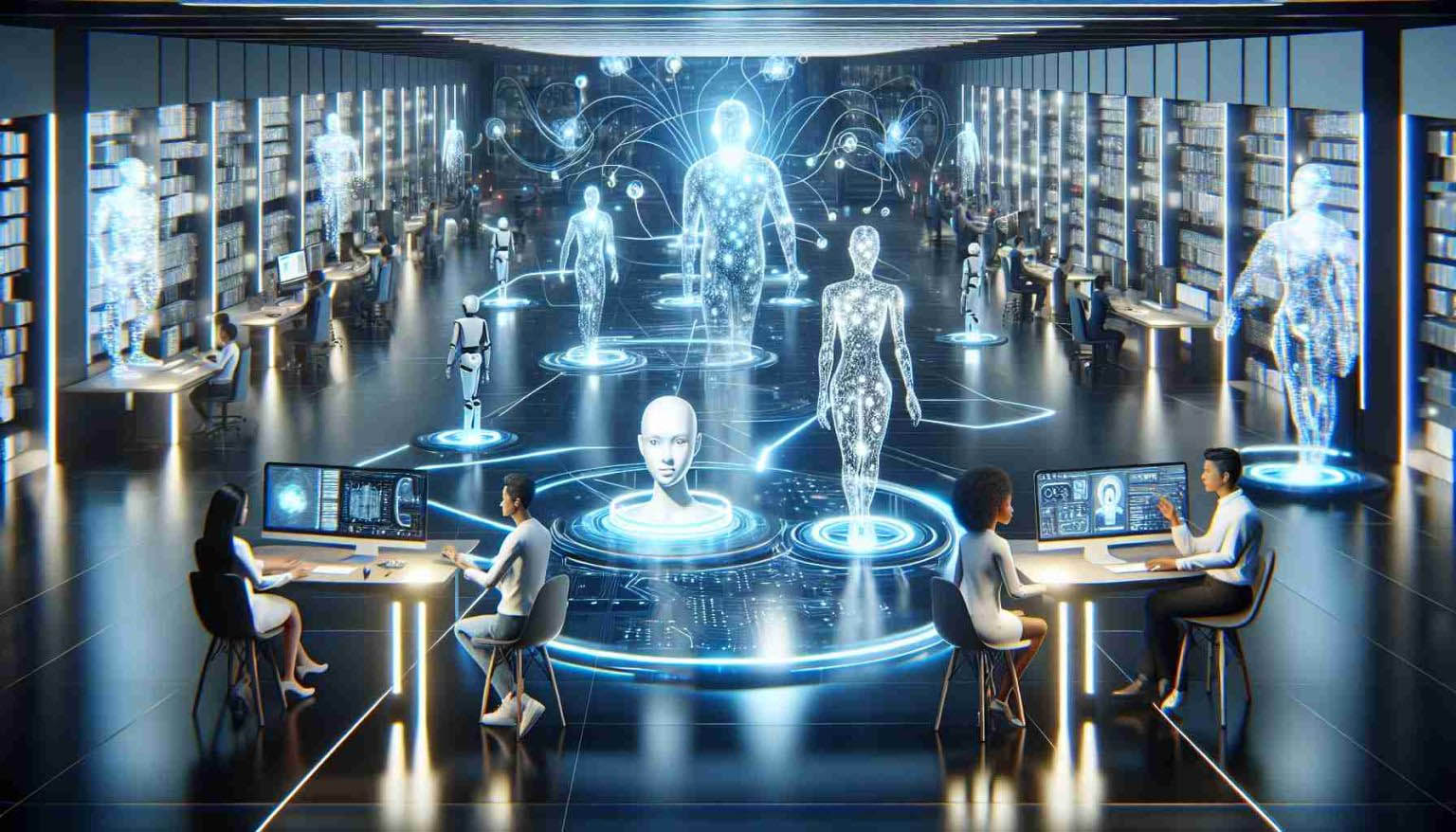Technology: Traditional SectorsIn today’s rapidly evolving job market, the rise of artificial intelligence (AI) is significantly changing employment dynamics. Recent research shows that nearly half of employees worry about potential displacement due to AI, while 66% of business leaders emphasize the need for AI skills for new employees. Despite these fears, about 75% of professionals in knowledge-intensive sectors are already leveraging AI technologies to enhance their work performance.
Dimitar Georgiev, Partner, Learning Solutions at ITCE, highlighted that the primary challenges for workers revolve around technical literacy and uncertainty created by the fast-paced advancement of AI. In the field of technical positions, there has been a significant evolution in job requirements, especially for roles affected by AI integration. Software engineers and IT specialists are examples of professions where adaptability to new technologies is very important. Snejana Ilieva, Director of AI and Machine Learning for PwC in South-East Europe, outlines the current shortcomings of AI technology.
She emphasises the importance of a critical and objective approach in evaluating AI models, recognising that their effectiveness depends on the quality of the data used during training. Ilieva promotes the notion of viewing AI as a collaborator that, in conjunction with human input, increases workplace efficiency. As the landscape of work continues to change, experts such as Theodore Panayotov, co-founder of Ethermind, envision a future where professional success depends on adaptability, networking and reputation, facilitating an era of unprecedented creativity and innovation driven by AI.
